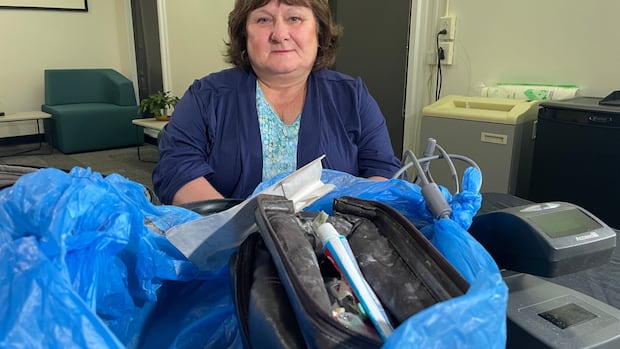Shein's IPO Aspirations Hit Snag as Hong Kong Listing Becomes Focus

Fast fashion giant Shein is encountering significant challenges as it seeks to launch its much-anticipated initial public offering (IPO) in London. Reports have surfaced that the company has hit yet another roadblock, prompting a strategic pivot toward a potential listing in Hong Kong.
According to a report by Reuters on Wednesday, Shein's aspirations for a London IPO were derailed after the firm failed to garner the necessary approval from Chinese regulators. This development has led the e-commerce powerhouse to redirect its efforts toward securing a listing in Hong Kong, which is seen as a potentially more favorable environment for its public offering.
A London listing had been viewed as a significant opportunity for the 16-year-old company, originally founded in China, as it would provide valuable international legitimacy and open doors to a robust and mature pool of Western investors. However, analysts were not surprised by the shift to Hong Kong, considering the ongoing scrutiny Shein has faced regarding its business practices. Samuel Kerr, head of global equity capital markets at Mergermarket, remarked in an interview on CNBC's Squawk Box Europe that they had always believed Hong Kong would be a safer option for Shein's IPO. Kerr pointed out that this listing was likely to attract significant attention for all the wrong reasons among international investors, suggesting that the Hong Kong market might resonate better with a domestic audience.
As of now, neither Shein nor the China Securities Regulatory Commission (CSRC) responded to requests from CNBC regarding the company's future plans. Furthermore, Hong Kong Exchanges and Clearing Limited has a policy of not commenting on individual companies, leaving many in the financial world speculating about Shein's next moves.
Shein's ambitions for a public listing have not only faced regulatory hurdles but also a growing wave of criticism surrounding its labor practices. The company has been accused of using forced labor in the production of its popular $5 t-shirts and $7 shoes. Although Shein has adamantly denied these allegations, the controversy led the company to shift its initial public offering strategy last year, moving away from a proposed listing in New York to London, due in part to increasing pressure from U.S. lawmakers regarding labor practices.
In addition to its labor issues, Shein is also under scrutiny from European authorities, with an ongoing investigation revealing that the company has breached consumer protection laws. Findings from this investigation indicated that Shein has engaged in practices such as using fake discounts, employing pressure selling tactics, and misleading consumers about sustainability claims.
Compounding these challenges, the recent closure of the U.S.'s de minimis loophole—which previously allowed low-cost goods to enter the market without incurring tariffs—has further complicated Shein's business model. Similar measures being considered by the EU and the UK could exacerbate the company’s operational difficulties.
Susannah Streeter, head of money and markets at Hargreaves Lansdown, noted in a statement that the mounting criticism and regulatory pressures likely contributed to the Chinese regulators' hesitance to approve Shein’s IPO plans. The scrutiny surrounding the company is expected to intensify further, particularly as it approaches its next strategic move.



























